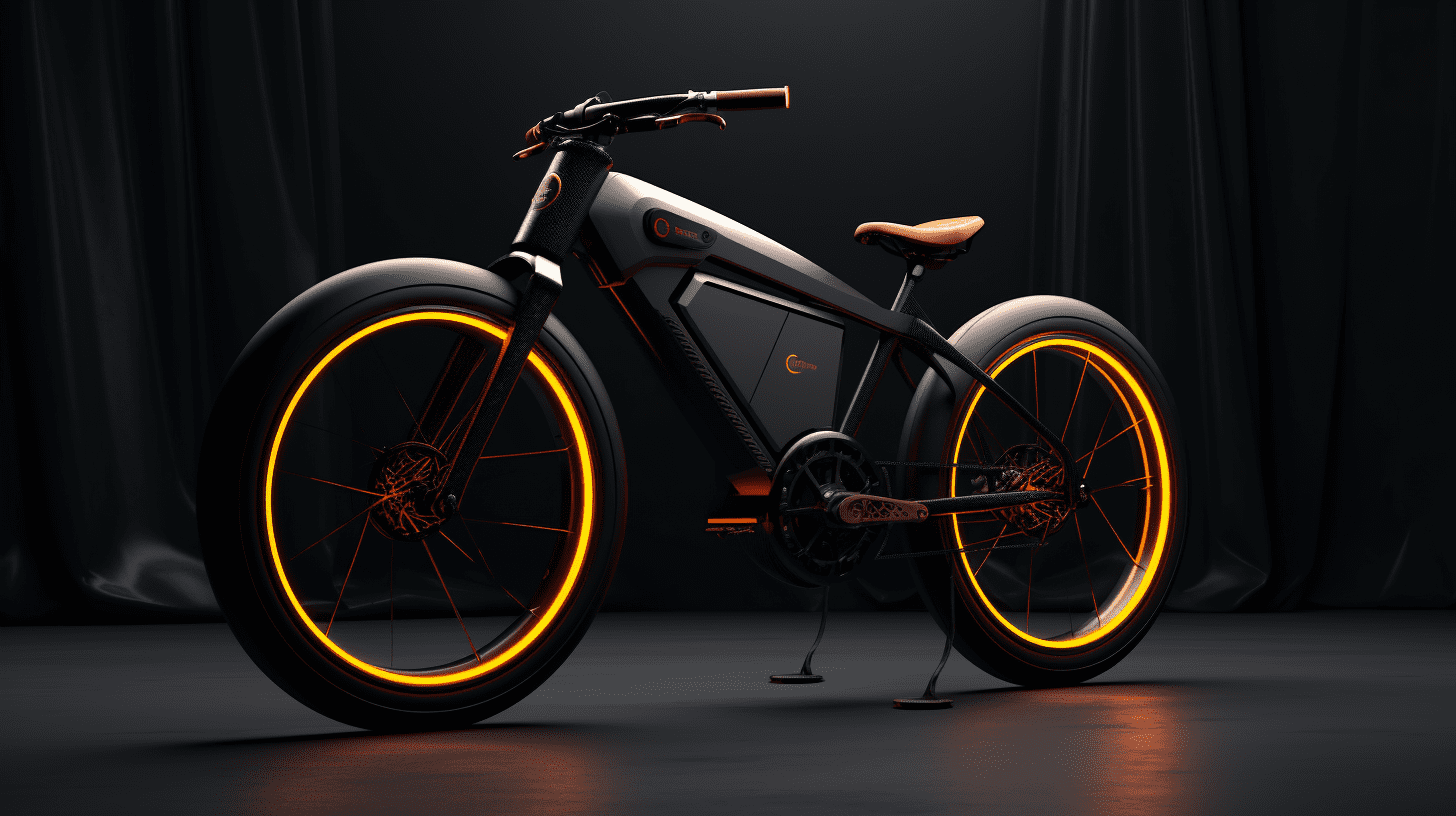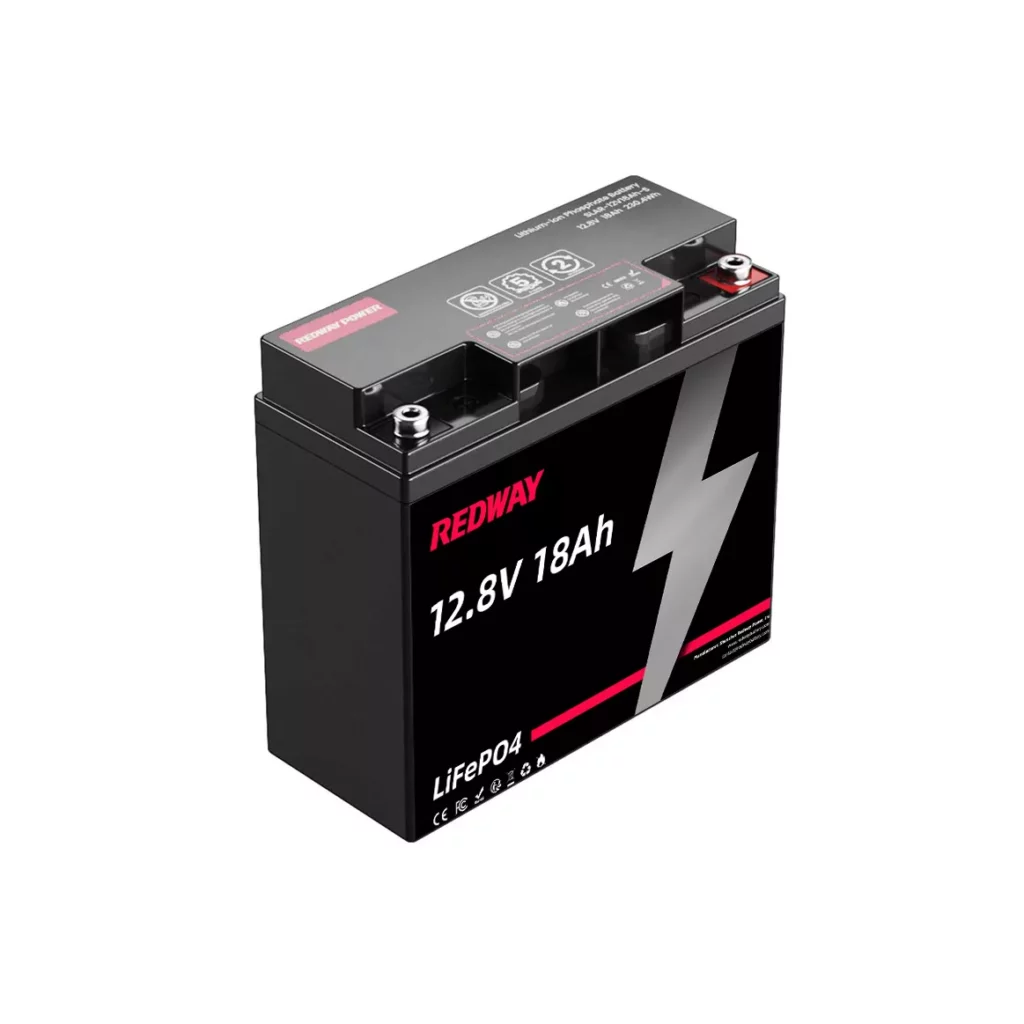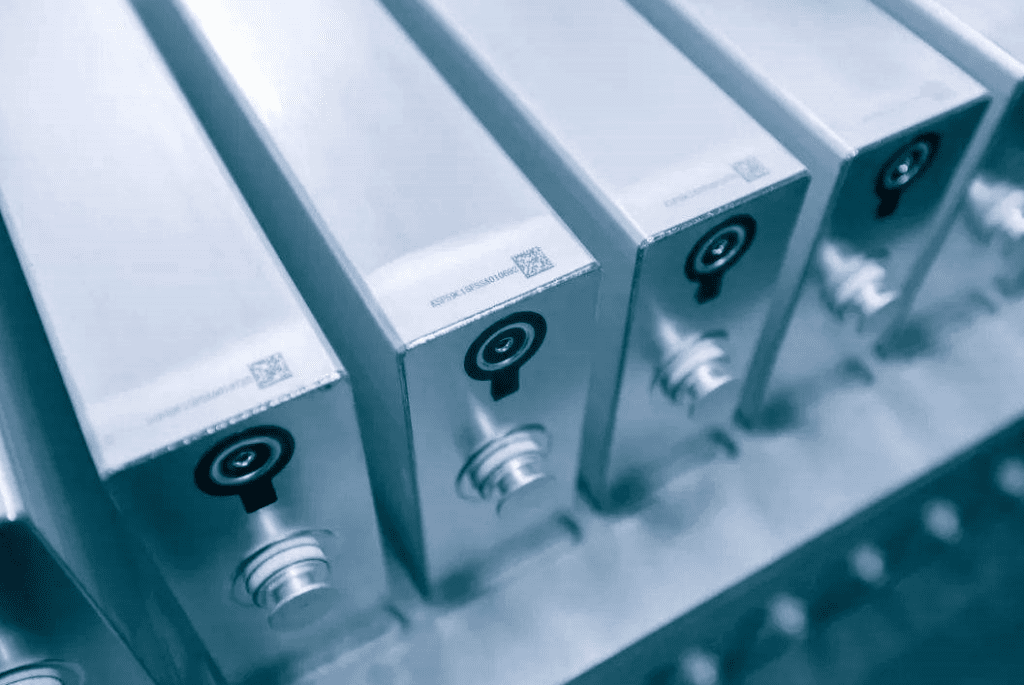E-bikes have gained immense popularity worldwide, with predictions of billions of additional bicycle trips and millions of e-bike sales in the coming years. As safety and lightweight become crucial factors for consumers, many e-bike manufacturers have chosen lithium batteries as the optimal solution. This is due to the numerous advantages offered by lithium batteries, including high density, no memory effect, good cycle life, and low discharge.

Let’s explore the reasons why lithium batteries are the best choice for e-bikes in more detail:
1. Energy Density: Lithium-ion batteries have a significantly higher energy density compared to lead-acid batteries. This means that they can store more energy in a smaller and lighter package, resulting in increased range and performance for e-bikes.
2. Cost-Effectiveness: While lead-acid batteries may be more affordable initially, lithium-ion technology proves to be a more cost-effective option in the long run. The higher energy density and efficiency of lithium batteries ensure that you get more power and range per unit of cost.
3. Long Lifespan: Lithium-ion batteries have a longer lifespan compared to lead-acid batteries, lasting for several times the number of cycles. This translates to a longer effective lifespan for lithium-ion products, reducing the need for frequent battery replacements.
4. Safety: Lithium batteries are designed with safety features such as built-in BMS (Battery Management System) that monitors and protects the cells from overcharging, overheating, and short circuits. This ensures a safe and reliable power source for your e-bike.
5. Lightweight: Lithium batteries are much lighter than lead-acid batteries, reducing the overall weight of the e-bike. This makes the bike easier to handle and maneuver, providing a more enjoyable riding experience.
6. Fast Charging: Lithium batteries have a higher charging efficiency compared to lead-acid batteries. They can be charged quickly, allowing you to spend less time waiting and more time riding.
7. Environmental Friendliness: Lithium batteries are more environmentally friendly than lead-acid batteries. They do not contain harmful chemicals such as lead and are easier to recycle.
8. Wide Temperature Range: Lithium batteries can be charged and discharged over a wide temperature range, making them suitable for various weather conditions. This ensures that your e-bike can perform optimally even in extreme temperatures.
9. Global Preference: Many countries, including the United Kingdom, Germany, Spain, Italy, France, Thailand, and China, prefer charging e-bikes with lithium batteries due to their lightweight, safety, and performance advantages. This global preference further reinforces the suitability of lithium batteries for e-bikes.
10. Tritek’s Expertise: Tritek, as a professional lithium-ion battery manufacturer, offers a range of battery packs specifically designed for electric mobility. Their battery packs, such as the “Starter” for electric bikes and scooters, the “Senior” for electric mountain bikes, and the “Superior” for electric motorcycles and mopeds, provide high performance, safety, and reliability for your e-bike needs.
Top 10 Questions and Answers for Lithium Battery Wholesale Buyers:
1. What is the energy density of lithium batteries compared to lead-acid batteries?
– Lithium batteries have a higher energy density of 90-220+ Wh/KG, while lead-acid batteries have an energy density of 50-90 Wh/KG.
2. How long do lithium batteries last compared to lead-acid batteries?
– Lithium batteries generally last for several times the number of cycles as lead-acid batteries, resulting in a longer effective lifespan.
3. Are lithium batteries safer than lead-acid batteries?
– Yes, lithium batteries are designed with safety features such as built-in BMS, which protects against overcharging, overheating, and short circuits.
4. Are lithium batteries more expensive than lead-acid batteries?
– While lead-acid batteries may have a lower initial cost, lithium-ion technology proves to be more cost-effective in the long run due to its higher energy density and efficiency.
5. Can lithium batteries be charged quickly?
– Yes, lithium batteries have a higher charging efficiency and can be charged faster than lead-acid batteries.
6. Are lithium batteries environmentally friendly?
– Yes, lithium batteries do not contain harmful chemicals like lead and are easier to recycle, making them more environmentally friendly than lead-acid batteries.
7. Can lithium batteries perform well in extreme temperatures?
– Yes, lithium batteries can be charged and discharged over a wide temperature range, ensuring optimal performance in various weather conditions.
8. Which countries prefer charging e-bikes with lithium batteries?
– Many countries, including the United Kingdom, Germany, Spain, Italy, France, Thailand, and China, prefer lithium batteries for their e-bikes due to their lightweight, safety, and performance advantages.
9. What types of lithium battery packs does Tritek offer?
– Tritek offers a range of lithium battery packs for various electric mobility applications, including electric bikes, scooters, mountain bikes, motorcycles, and mopeds.
10. What is the minimum lifespan of Tritek’s lithium battery packs?
– Tritek’s lithium battery packs are designed to have a minimum lifespan of 500 cycles, ensuring long-lasting performance and reliability for your e-bike.





